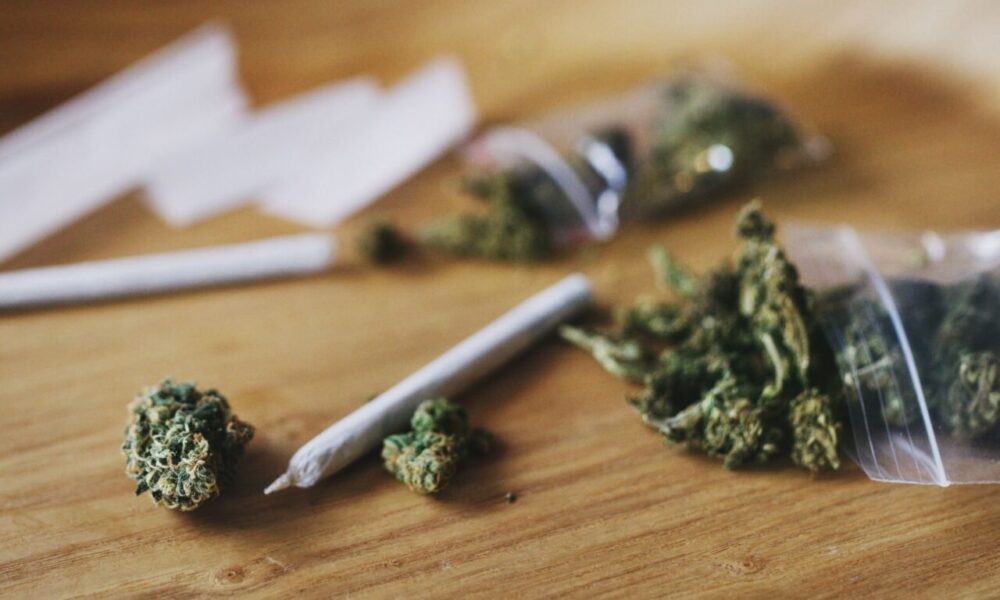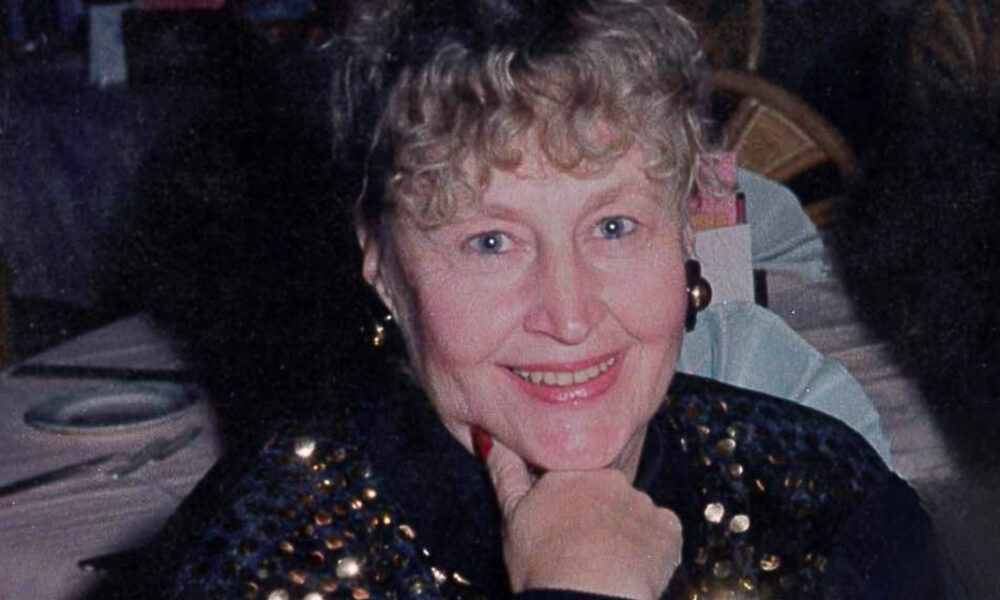Research from the University of Michigan reveals that a significant number of young American adults are using cannabis and alcohol to help them sleep. The study, published this month in JAMA Pediatrics, indicates that approximately 22% of individuals aged 19 to 30 have turned to these substances as sleep aids. While these methods may provide immediate relief, experts warn of potential long-term consequences.
The study utilized data from the Monitoring the Future (MTF) Panel Study, which tracks drug use among adolescents and young adults. This long-term project follows high school students into adulthood, providing a comprehensive view of substance use trends. Researchers analyzed responses from nearly 1,500 participants and found that around 18% reported using cannabis, while about 7% admitted to using alcohol for sleep assistance.
Understanding the Trend
Among those who used cannabis, approximately 41% did so specifically to aid sleep. In comparison, only 9% of regular alcohol users reported similar practices. Daily or near-daily users of these substances were more likely to rely on them as sleep aids.
These findings come amid broader concerns about sleep quality; a 2022 study estimated that about 30% of adults in the United States experience sleep difficulties, with 23% of those aged 20 to 39 specifically struggling. The pervasive use of cannabis and alcohol as sleep solutions highlights a growing trend among young adults seeking relief from insomnia.
The researchers caution that while these substances can help individuals fall asleep, they may lead to increased tolerance over time. This means that individuals may require larger doses to achieve the same effects, potentially resulting in unhealthy dependencies and substance use disorders.
Health Considerations and Recommendations
Withdrawal from cannabis and alcohol can lead to insomnia, complicating efforts to reduce or eliminate their use. Given these challenges, the researchers emphasize the importance of healthcare professionals recognizing the intersection of substance use and sleep problems.
They recommend that clinicians be more proactive in screening for these issues and offering appropriate interventions. “Raising clinicians’ awareness about the common intersection of substance use and sleep problems among young adults is important for screening and developing and offering clinical interventions for these critical health risk behaviors,” the authors noted in their paper.
As societal norms surrounding cannabis and alcohol continue to evolve, understanding their impact on sleep is essential for promoting healthier habits among young adults. The findings from the University of Michigan’s research serve as a crucial reminder of the need for balanced approaches to managing sleep challenges.







